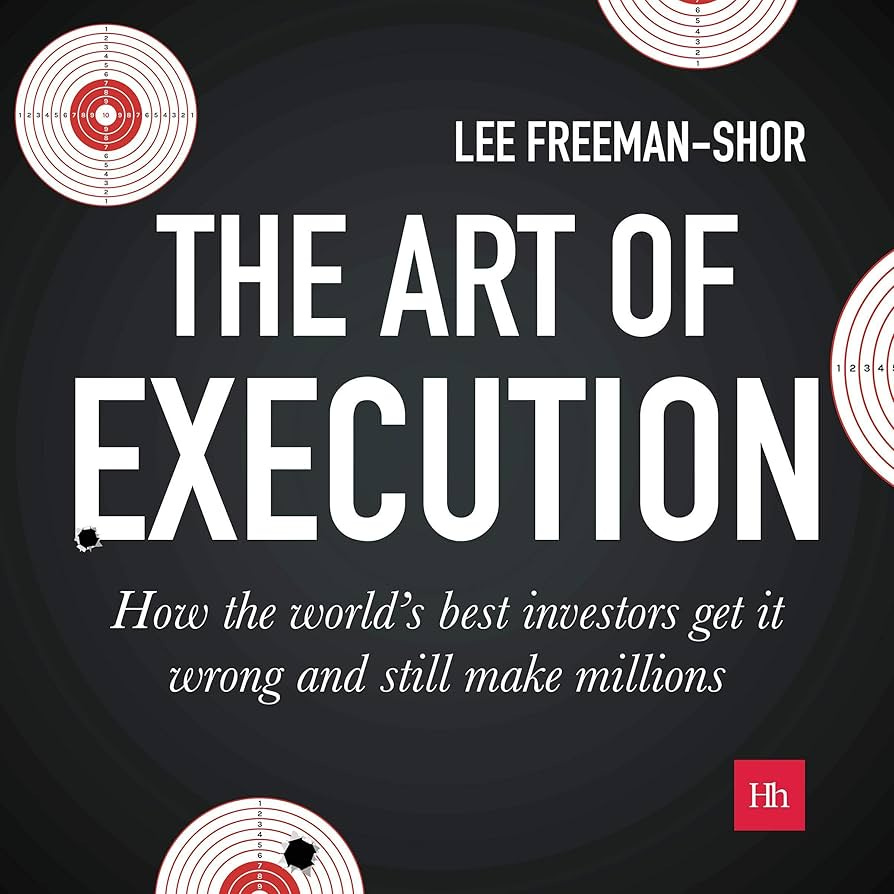The Key Lessons from The Art of Execution
Most people imagine successful investing as having that "aha" moment—discovering an undervalued stock or spotting the next big market trend. But as Lee Freeman-Shor reveals in his book "The Art of Execution," even brilliant investment ideas can fail without proper execution.
The gap between mediocre and exceptional returns often comes down not to what you buy, but how you manage your positions afterward.
"The Art of Execution" offers a rare window into the actual behavior patterns of investors managing real money. Through studying their successes and failures, Freeman-Shor identifies distinct archetypes—from the panic-prone "Rabbits" to the disciplined "Assassins" and the methodical "Hunters." Each type reveals crucial lessons about managing both winning and losing positions.
Whether you're a seasoned investor or just starting out, this book serves as a practical guide to the psychological challenges and strategic decisions that determine investment outcomes.
Managing Losing Positions
The Rabbits: A Cautionary Tale
Rabbits represent the least successful investors, primarily because they hold onto losing positions due to various behavioral biases. They suffer from the narrative fallacy framing bias (NaFF-Bee), which makes them believe their investment thesis remains intact despite mounting losses. They're often paralyzed by the fear of realizing losses and tend to blame external factors for their failures.
The Assassins: Disciplined Loss-Cutters
Assassins are methodical investors who let rules, not emotions, drive their decisions. Their key strength lies in planning ahead - before investing, they know exactly what actions they'll take if things go wrong. They typically implement strict stop-losses between 20-33%and aren't afraid to sell positions that show no signs of recovery after a set period.
The Hunters: Strategic Averaging Down
Hunters take a more nuanced approach, starting with smaller positions and averaging down if prices decline. They focus on thoroughly understanding a handful of stocks rather than broad diversification. However, they remain pragmatic and will sell if their original investment thesis proves wrong.
Managing Winning Positions
The Raiders: Quick Profit-Takers
Raiders tend to take profits too early due to various psychological factors including boredom, fear, and short-term thinking. Their biggest mistake is failing to recognize that winning stocks often continue winning.
The Connoisseurs: Master Position Riders
Connoisseurs emerge as the most successful investors. They excel at finding companies with significant upside potential and aren't rattled by minor fluctuations. Their key challenge is managing the boredom of holding positions for extended periods.
Connoisseurs weren't simply "buy and hold forever" investors—this is a crucial distinction. They understood that only about one-third of their positions would become significant winners. Like Assassins or Hunters, they needed expertise in managing losses when their investment thesis failed. Their success stemmed from balancing ruthless loss management with the patience to let true winners compound over time.



